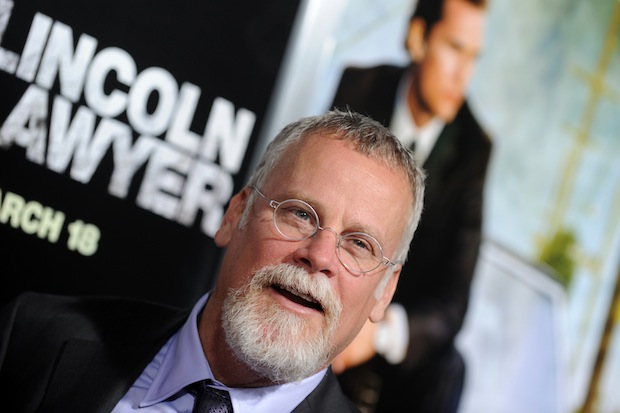‘And anything by Michael Connelly’ were the final words of advice from one of my best friends in discussing books to read one summer. I’ve been hooked ever since by a master of narrative tension, complex but believable plotting and three-dimensional characters. Luckily Connelly is a prolific author of detective and investigative fiction with a number of protagonists who sometimes appear in each other’s books. His latest novel maintains the same high standard and relentless forward impetus that keeps one turning the pages.
Hieronymous ‘Harry’ Bosch, a Vietnam veteran, has had a distinguished but somewhat bumpy career as a detective and is now deployed in the Open-Unsolved unit of the Los Angeles Police Department looking at old, cold murder cases. He is nearing retirement but remains an obsessive, thorough investigator whose sole distraction is his teenage daughter. He
has problems with authority, and is rightly cynical about the growing interaction between politics and policing in LA. His motto is ‘Everyone counts or nobody counts.’
Connelly has built up a vivid and convincing picture of how the LAPD operates over the previous 18 Bosch novels. We see the often petty jealousies between teams in different units and LAPD’s often tricky relationship with the District Attorney’s department and the FBI. And in the course of Bosch’s career technology in all its forms has become critical, be it forensic expertise, data banks or, whisper it not, the media.
Bosch needs all his resourcefulness as he investigates the death of a musician shot ten years earlier. Historic CCTV tapes reveal the band’s trumpeter running off after the shot. Was he the intended victim? If so, why?
Bosch’s new partner, Lucia Soto (they tend to change as frequently as his women, but for different reasons), is strangely interested in another unsolved case; the destruction by arson of a rundown flophouse, the Bonnie Brae, where nine children died. It transpires that she was there herself. A misleading tip from a caller causes Bosch to read the files, which in turn leads to a third unsolved crime. This was a bank robbery by two armed men who managed to escape before the police arrived. They were all, Bosch reads, tied up at the Bonnie Brae fire — a few blocks away. Very convenient.
Run to earth, the trumpeter spills the beans and provides a motive: he was sleeping with the wife of a powerful political donor. Browsing a list of the cuckolded husband’s properties, Bosch finds another intriguing link in the shape of a hunting lodge. Off go father and daughter for a day’s pistol practice and a casual conversation with the manager. That reveals an unfortunate accident when the previous manager was killed by his best friend, mistaking him for a deer. These things happen in LA. The widow won’t talk, but good sleuthing soon leads to the discovery of the rifle that killed the musician. However the murderer is now venison past its sell-by date and the cuckold looks to be untouchable.
Meanwhile, Soto, who is proving even more obsessive than Bosch, finds the connection between the fire and the bank heist. Can they track down the missing cashier who lived for some months at the Bonnie Brae and entertained two lovers from the bank? Not easily, as she has taken the veil in Mexico. The musician’s murder inquiry, on the other hand, comes to a very full stop.
So, apparently, does Bosch’s career, as he is suspended for a trivial infringement of the regulations. We can only hope that he will be reinstated for a final demonstration of patient investigation and brilliant intuition before he pulls the pin.
Available from the Spectator Bookshop, £16.99 Tel: 08430 600033






Comments